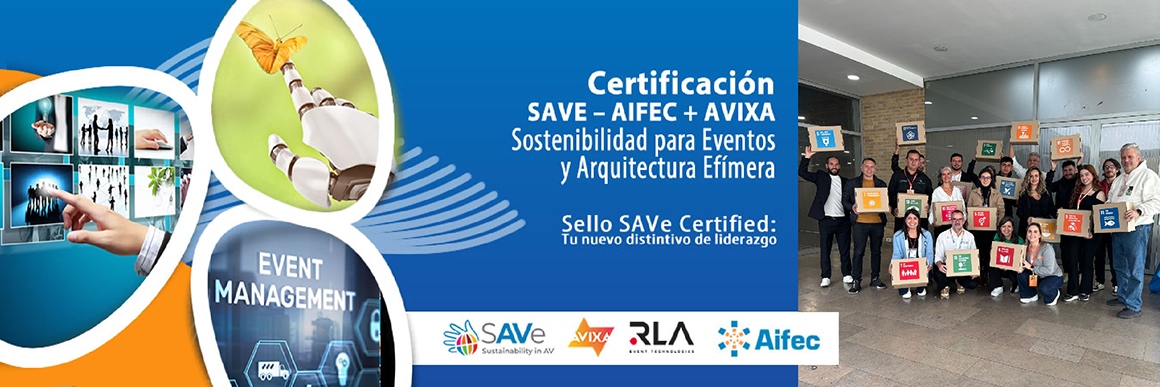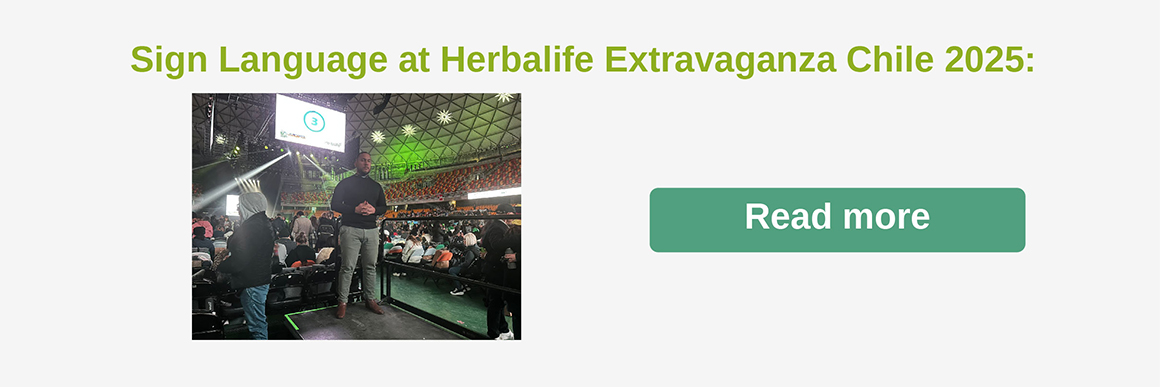
"Accessible America" took place in Medellin, city of the eternal spring, where there was rain during the three days of the event. This was the second regional meeting of the UN's International Telecommunications Union.
These meetings are generally attended by governmental agencies in charge of creating and implementing public policies regarding accessibility to information and communication technologies. Therefore, it was amazing to see that almost 50% of the attendees were people with disabilities. This reflects their commitment to guarantee that their rights are respected and that their access to all society sectors is implemented with the necessary tools, according to each one's capacities.
The master of ceremonies was Adriana Pulido, a young blind communicator who moved around the stage at ease and did not miss any detail from each of the speakers. The event featured permanent sign language interpretation for deaf people and simultaneous interpretation for English-speaking people. The venue also offered reasonable access adjustments for people with reduced mobility.
ATmedios, as a pioneer in audiovisual media accessibility, could not miss this event. We were invited by MinTIC, who we have been involved with for three years in the "Cinema for All" project. We projected the film "The Book of Life" for half of the attendees, after a day of conferences.
It was also very pleasant to see how young people and different scholars are promoting technological projects that facilitate access of people with disabilities to their environment. For example, a Colombian application developed by David Rivera allows wheelchair users to request safe and comfortable transportation. Also, the "Hand Talk" Brazilian application offers a voice translator into sign language with facial expression, which emphasizes the meaning of the message. Felipe Betancur, a young Colombian man, has developed more than 50 solutions, such as a plastic mouse that can be moved with your foot. For this solution, something as simple as a Col$500 ladle is used.
Progress in Colombia is evident if compared to initiatives from other countries of the region, except the United States. The U.S. has clear and demanding regulations about support services for people with disabilities in terms of access to television, radio, cinema, public places, shows and other relevant areas, such as the Internet and cell phones.
There is still a lot to be done, but by informing society about the needs of the disabled population and their rights we contribute to fostering the economic and social development, so that we can live in an inclusive world.
By: Liz Leandra Leon













